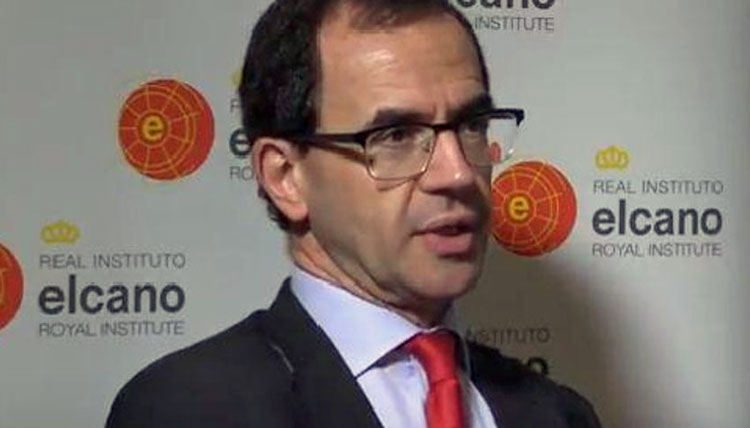The Diplomat
The Ministries of Foreign Affairs, Defence and the Interior are finalising a plan to help Afghan translators who assisted Spanish troops in Afghanistan in recent years, according to diplomatic sources.
The same sources indicated that the aim is to find an immediate solution, since many of these people fear for their lives in the face of the rapid advance of the Taliban, who in recent days have taken control of a good number of provinces, and who could act against those who have collaborated with the foreign troops in the country.
The three ministries are working to establish a plan to assist these translators, including their transfer to Spain. However, they avoided giving details of this plan until it is finalised, mainly for security reasons.
The government has not specified the number of translators who could benefit from this transfer to Spain, whose specific terms and formula is being studied by the Interior, given that the relevant checks and identifications have to be carried out and it is not yet clear whether some of them would come with their families, reports Europa Press.
According to El Confidencial, since 2014 a total of 122 Spanish translators have requested help from Spain, of whom 24 have arrived in the country and another 38 received financial assistance. The remaining 50 did not receive any type of aid because they did not meet the requirements. At present, therefore, there are some 88 translators in need of assistance: those who received money and those whose applications were rejected.
The sources consulted insisted that “we are moving as fast as we can”, especially on the logistical aspect of the plan, given the rapid deterioration of the security situation in Afghanistan and the complexity of the operation to be carried out.
They also ruled out any talk of possible deadlines, stressing that Spain is at the same stage in terms of plans to help Afghan interpreters as other EU countries that have also had troops stationed in the country.
In May, Spain completed the withdrawal of the troops it had deployed in Afghanistan as part of NATO’s operation ‘Resolute Support’, after US President Joe Biden announced last April that US troops would leave the Asian country before 11 September, coinciding with the 20th anniversary of the attacks perpetrated by al-Qaeda.
In recent weeks, the Taliban, who signed a peace agreement with the United States in February 2020, which provided for the departure of US troops in exchange for the country not serving as a refuge for terrorist groups, have launched a military offensive that has led them to take control of a large part of the territory despite the fact that a priori they are immersed in peace talks with the government presided over by Ashraf Ghani.
As a result, the Ministry of Foreign Affairs, EU and Cooperation has updated its travel recommendations for Afghanistan, advising against travel to the country “under any circumstances” and recommending that Spaniards currently in the country “leave as soon as possible using the commercial flights currently available”.
For those who remain in the country, the Foreign Ministry advises them to stay “away from the affected areas, to take extreme precautions and to keep informed of the evolution of events, following the information channels and the indications of the local authorities”.
It also asks them to maintain frequent contact with the Spanish embassy in Kabul and to report “movements and final departure from the country”. They are also asked to register in the Consular Register of the Embassy and to communicate their place of residence in Afghanistan, contact details and any changes.
The department headed by José Manuel Albares recalls that “there is a serious risk of attacks and kidnappings throughout the country”. Moreover, in the current situation, it stresses, there may be “bomb attacks and suicide attacks, especially in public places, government buildings, headquarters of international organisations and NGOs, and hotels”.
In fact, the Spanish government has just appointed a new ambassador to Afghanistan – Ricardo Losa – who will be arriving shortly.







